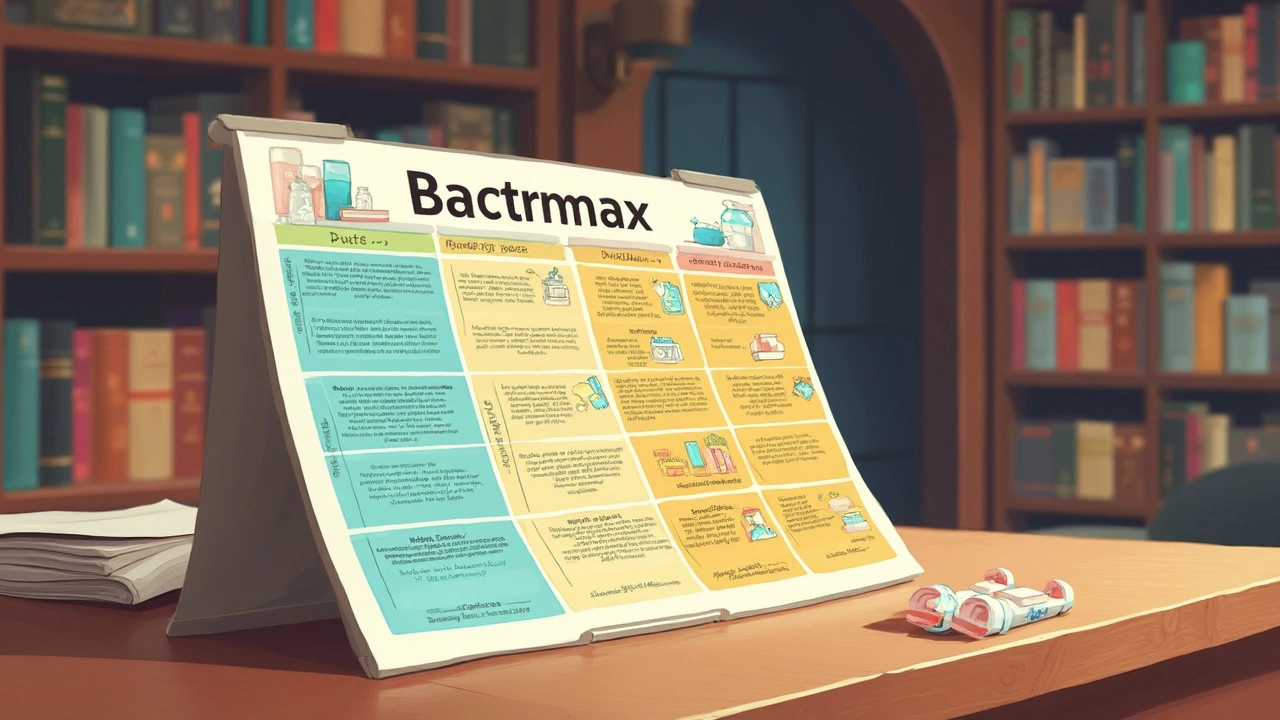Antibiotics: What They Are, When to Use Them, and How to Stay Safe
Antibiotics are medicines that kill bacteria or stop them from growing. They’re a big part of modern health care, but they only work against bacterial infections—not viruses like colds or flu. Knowing the right time to take an antibiotic can save you from side effects and help stop resistant bugs from spreading.
Most people think a prescription automatically means it’s the right choice. In reality, doctors weigh the infection type, severity, and your medical history before writing one. If you’re unsure, ask why the drug is needed and whether a watch‑and‑wait approach might work instead.
Common Uses and When Antibiotics Really Help
Typical bacterial infections that need antibiotics include:
- Strep throat
- Pneumonia caused by bacteria
- Urinary tract infections (UTIs)
- Skin infections like cellulitis
- Certain ear infections
If you have a viral illness, antibiotics won’t speed up recovery. In those cases, rest, fluids, and over‑the‑counter symptom relief are usually enough.
Side Effects, Resistance, and Practical Tips
Even when an antibiotic is the right choice, it can cause upset stomach, diarrhea, or a yeast infection. Rarely, more serious allergic reactions happen, so watch for rash, swelling, or trouble breathing.
One of the biggest public‑health worries is antibiotic resistance. When bacteria learn to survive a drug, that medicine stops working for everyone. Misusing antibiotics—like stopping early, skipping doses, or using leftovers—feeds resistance.
Here are three simple habits to keep antibiotics effective:
- Take the full course. Finish every pill, even if you feel better.
- Follow the schedule. Space doses exactly as the label or your doctor says.
- Never share medication. What works for you might not suit someone else’s infection.
If you experience severe diarrhea, see a doctor right away. It could be a sign of Clostridioides difficile, a tough bacterial infection linked to antibiotics.
When you pick up a prescription, ask the pharmacist about food interactions. Some antibiotics, like tetracyclines, should be taken on an empty stomach, while others, like amoxicillin, are fine with meals.
Finally, keep a list of any drug allergies and share it with every health‑care provider. That quick reminder can prevent a dangerous reaction.
Antibiotics are powerful tools when used correctly. By understanding when they help, watching for side effects, and following a few easy rules, you protect your health and help keep these medicines working for the future.

